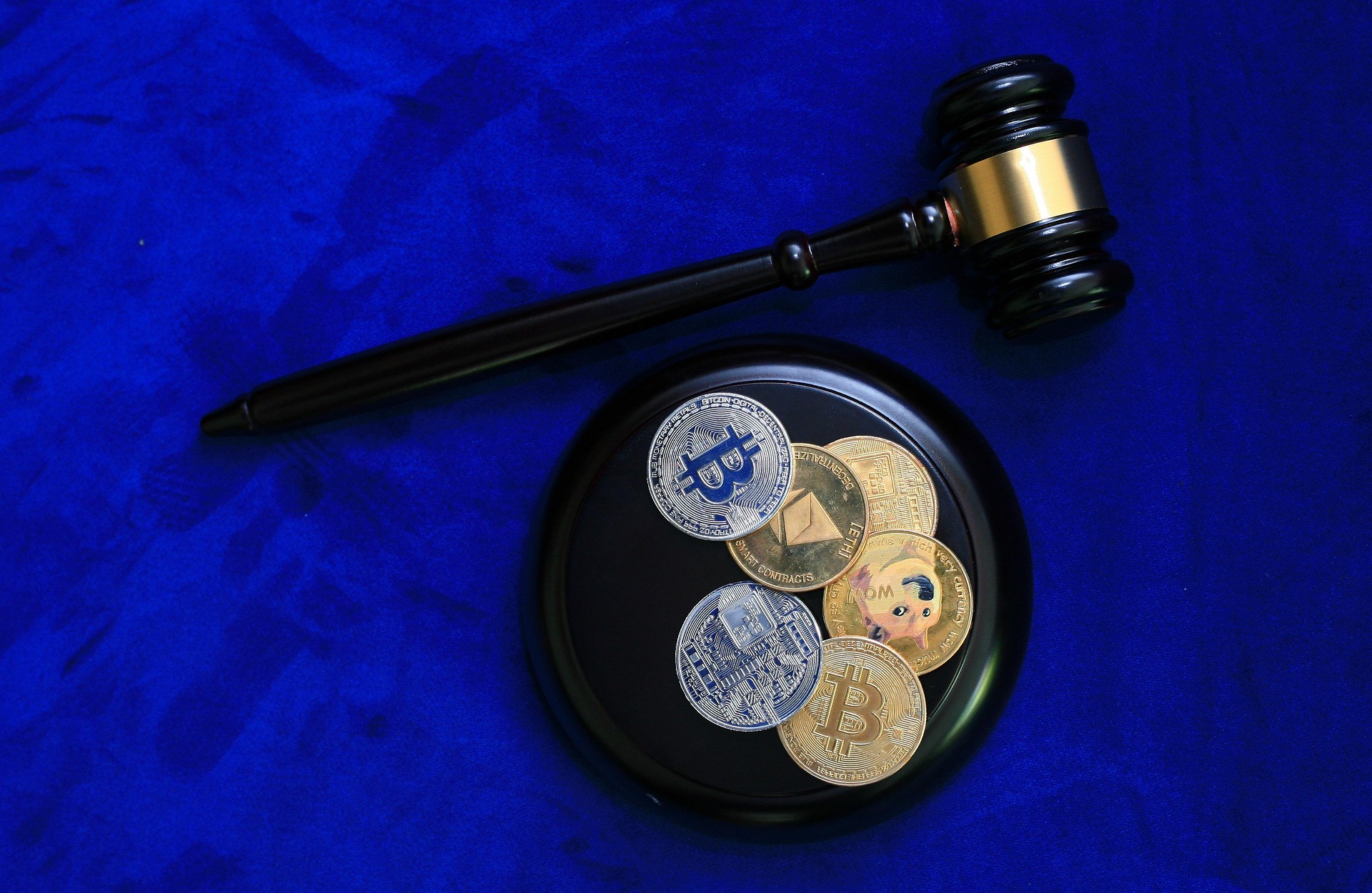How Regulators are Regulating Crypto and Digital Currencies
Regulators are seeking new ways to ensure crypto and digital currency markets are fair, transparent and safe. Commonly, regulators are using payment systems as a key tool to oversee and regulate crypto and digital currencies by implementing rules, compliance requirements, and enforcement mechanisms that affect how digital assets are transferred, stored, and converted into fiat. Other ways regulators oversee crypto and digital currencies are through more direct interventions, such as licencing. Here’s an outline as to how regulators are navigating crypto and digital currencies:
-
Licencing and Registration Requirements
-
- Regulators require crypto payment providers, exchanges, and wallet services to obtain licences before operating.
- Compliance with Know Your Customer (KYC) and Anti-Money Laundering (AML) regulations is often mandatory.
- Example: The Financial Crimes Enforcement Network (FinCEN) in the U.S. mandates that crypto exchanges register as Money Services Businesses (MSBs).
-
Integration with Traditional Payment Systems
-
- Crypto firms often need access to traditional banking systems (ACH, SWIFT, credit card networks) to allow fiat on/off ramps.
- Regulators enforce strict banking access rules, ensuring crypto firms comply with financial regulations before integrating.
- Example: The European Central Bank (ECB) requires strong AML/KYC controls for crypto firms to access SEPA banking.
-
Transaction Monitoring & Reporting
-
- Authorities enforce reporting of suspicious transactions (SARs) and large transactions (CTR) involving digital assets.
- Some jurisdictions implement travel rules, requiring crypto businesses to share sender/receiver details like in SWIFT transactions.
- Example: The Financial Action Task Force (FATF) has a crypto Travel Rule requiring VASPs (Virtual Asset Service Providers) to collect and report transaction details.
-
Stablecoin & CBDC Oversight
-
- Stablecoins (USDT, USDC) are often regulated like e-money or traditional bank deposits.
- Central banks may restrict stablecoin issuance or require full fiat reserves.
- Example: The U.S. SEC and OCC have debated classifying stablecoins as securities or banking products.
- Some countries create Central Bank Digital Currencies (CBDCs) as regulated alternatives to crypto (e.g., China’s Digital Yuan).
-
Tax & Compliance Enforcement
-
- Payment systems allow tax authorities to track crypto transactions and enforce reporting.
- Example: The IRS and EU tax authorities use blockchain analytics firms to track undeclared crypto transactions.
-
De-Risking & Bank Account Restrictions
-
- Some regulators pressure banks to limit services to crypto companies, restricting their ability to process fiat transactions.
- Example: The UK FCA and U.S. SEC have scrutinized banks that offer services to crypto firms, leading some banks to close crypto-related accounts.
-
International Sanctions & Blacklists
-
- Regulators use financial networks like SWIFT and OFAC’s sanction lists to block crypto payments linked to illicit activities.
- Example: The U.S. Treasury has sanctioned crypto wallets linked to ransomware groups and illicit finance.
Conclusion
Regulators influence crypto markets indirectly through payment system oversight and directly via licencing, compliance rules, and enforcement. The key tools include AML/KYC rules, banking regulations, stablecoin oversight, and transaction monitoring. These measures shape how crypto businesses operate and interact with traditional financial systems.
To learn more about regulating crypto and digital currencies, join our upcoming course entitled Strategic Regulation of Digital and Crypto Payment Systems.
The three-day programme equips financial regulators with the knowledge and skills for effective regulation and oversight of technological developments in payment gateways to curtail fraud, money laundering and systemic vulnerabilities, while fostering innovation.
For a more bespoke training offering for your team or organisation, you can visit this page or contact us here.




